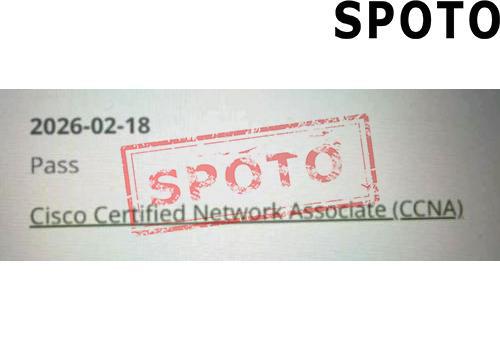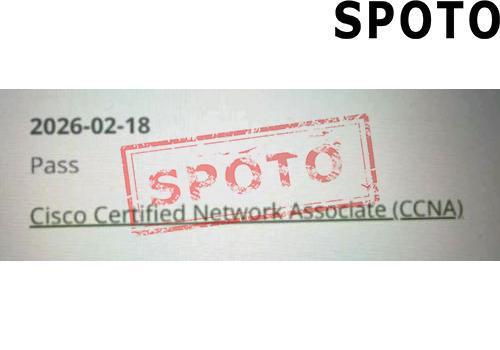
Table of Contents
An IoT engineer is a technical person who focuses on the design, development, and deployment of Internet of Things (IoT) solutions within an organization.This article will introduce you to what an IoT Network Engineer is, the career information and prospects of an IoT Network Engineer and the necessary conditions to become an IoT Network Engineer.
1. What is an IoT Network Engineer?
An IoT engineer is a technical person who focuses on the design, development, and deployment of Internet of Things (IoT) solutions within an organization.
2. What does an IoT Network Engineer do?
IoT engineers are at the forefront of merging the physical world with the digital world, designing and implementing systems that enable devices to communicate and interact seamlessly. They use expertise in multiple disciplines such as electronics, software development, and network systems to create responsive and efficient smart devices and infrastructure. Specifically, they need to be responsible for the following aspects: First, they need to work with cross-functional teams (including product managers, hardware engineers, and data scientists) to define system requirements and provide comprehensive IoT solutions to create and maintain a strong IoT architecture to ensure that data flows between devices and platforms are secure and reliable. Secondly, to ensure the normal operation of the IoT, they also need to develop and deploy cloud-based applications to manage and analyze data collected from IoT devices. On this basis, it is also necessary to ensure compliance with industry standards and regulations related to data privacy, security, and device interoperability. Finally, IoT engineers also need to keep up with the advancement of IoT-related technologies and trends, promote innovation within the organization, monitor the performance of IoT systems, and make necessary adjustments or upgrades to hardware and software components.
3. How much does an IoT Network Engineer Make?
According to the website of devitjobs, the average annual salary of IoT developers in the United States is $162,000, while the median annual salary is $176,500, which means that 50% of developers have a salary of more than $176,500, while 50% of developers have a salary below this level. The top 25% of IoT developers earn more than $190,000 per year, while the top 10% of developers earn more than $206,400 per year, which is a pretty good salary worth striving for. At the same time, among the lowest-paid IoT engineers, 25% earn less than $133,500 per year, and 10% earn less than $110,000 per year.
4. Job Outlook of IoT Network Engineer
As IoT technology develops rapidly in industrial and customer-facing fields such as manufacturing, retail, and healthcare, the job market in the IoT industry is also growing. According to a report by Mordor Intelligence, the IoT market size will grow to $761.4 billion by 2020 and is expected to reach $1.39 trillion by 2026. And it is expected that in the future, the number of jobs for IoT engineers will increase by 17,871 from 2024 to 2030.
5. Similar Occupations of IoT Network Engineer
- Network Engineer
- System Engineer
- IoT Engineer
- Network Architect
- IoT Security Engineer
- IoT Software Developer
- Embedded Engineer
6. What Are the Qualifications to Become an IoT Network Engineer?
(1) Obtain a Bachelor's Degree
Most entry-level data analyst positions require at least a bachelor's degree in a related field. Employers looking for IoT Network Engineer often require a bachelor's degree in computer science, engineering, telecommunications or information systems. These programs provide the skills and knowledge needed for the career.
(2) Develop professional skills
The role of an IoT engineer is complex and requires a variety of skills, including knowledge of sensors, microcontrollers, network protocols, and cybersecurity. The difficulty of this job varies greatly depending on the scope and scale of the IoT project. IoT engineers need to be proficient not only in technical engineering, but also in envisioning how IoT solutions can solve real-world problems. They must be lifelong learners who constantly update their skills to keep up with technological advances.
(3) Earn Industry Certifications
Obtaining a certification that is highly recognized by the industry can prove your professional ability and ability to perform the position, and can also enhance your competitiveness in the workplace. Therefore, we recommend that you obtain the Cisco Certified DevNet Associate certification.The Cisco Certified DevNet Associate course is designed to help software developers, network professionals, and IT professionals obtain the latest Cisco certification, the Cisco Certified DevNet Associate. It will help you understand the core platforms used by Cisco, Cisco programmability strategies, applications, and how to use APIs.










